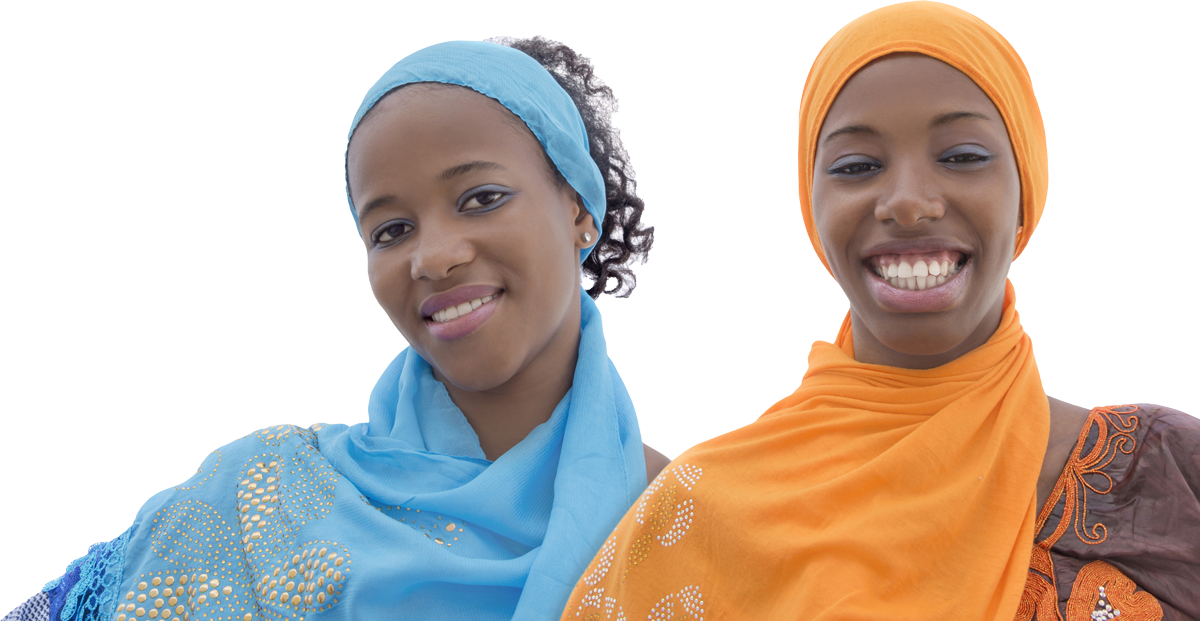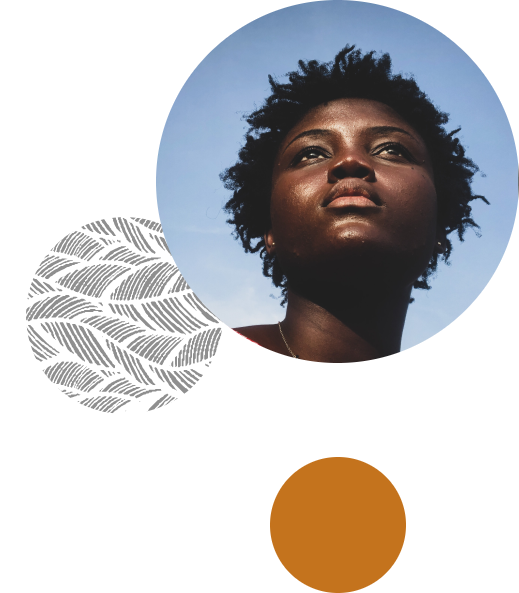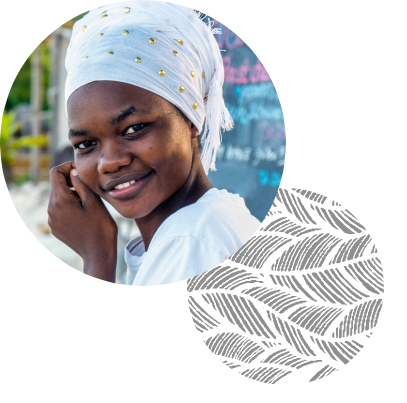Programs and Services

WHAT WE DO
Survivor Support Services
The Person Center is first and foremost a direct service provider, our team provides individualized case management to guide and support survivors through their individual journey. TPC will support survivors in any stage of their experience, and we will do all that we can to get the proper help you need. We at TPC will answer your questions, connect you with housing opportunities, social services, and with community networks.
Case Management Services
Case Managers help survivors with referral processes, applications, and interpretation to access a variety of available services. We offer both personalized guidance and on-going support throughout the process of receiving legal, social, and financial services.
Safety Plan Development
Case Managers help prepare and complete a safety plan to assist a survivor as they leave an aduser, and/or leave an abusive and unsafe relationship and household.
Crisis Management Support
Case Managers are prepared to offer comprehensive behavioral and emotional support in times of crisis and distress. Mental health crises among survivors, due to previous and present traumatic experiences, is common and so each survivor deserves proper plans to protect survivors throughout each crisis. Case managers will develop and enact crisis prevention and mitigation strategies when needed.
Domestic Violence Prevention Initiative (DVPI)
Domestic Violence Response and Prevention requires comprehensive education initiatives that informs and engages our communities. The Person Center offers customized educational workshops to address the needs of African Immigrant and Refugee communities, and provide critical information through the Domestic Violence Prevention Initiative. The Person Center also answers the call for trauma-informed, culturally specific, and religiously understanding materials and facilitation. We aim to offer the most up-to-date information and integrate evidence-based research literature in our workshop development. Workshops include the basics on domestic violence, sexual assault, and relationship violence. Additionally, these workshops expand to include methods of proper survivor support, sociological contributors to gender-based violence, domestic violence across families, religion or culture on domestic violence, prevalence and impact of sexual violence, plus others.
The Person Center is offering DVPI Community Education Workshops to all that are interested, please complete the form below and we will respond shortly.
Community Education Workshop Request Form
Domestic Violence Responder Training
The Person Center provides unique trainings for Domestic Violence Responders and Service Providers to inform, educate, and prepare individuals and leaders to support African Immigrant and Refugee communities. TPC offers trainings tailored to the needs and objectives of the trainees and host organizations. We open our trainings to community leaders, taskforces, and nonprofit organizations that are engaging in addressing domestic and sexual violence in their work. The skills and content include culturally specific response to domestic and sexual violence, program and initiative development, as well as trauma informed and person centered care.
Contact us to connect with our training team to request a training for your organization.
Capacity Development Training Request Form
Advocacy and Public Policy
The Person Center was founded upon the belief that true justice for survivors of domestic violence requires justice for all survivors of violence in all of its forms. African Immigrant and Refugee survivors are often victims of conflict, persecution, and post-colonial poverty – and throughout their lives at home or abroad in the US they are victims of violence. Global and historical trauma is an ever-present and unjust thread that weaves throughout the stories of African survivors.
TPC is dedicated to fulfilling the need of holistic, informed, and courageous advocacy that targets and dismantles the systems and cultures of violence that disproportionately and purposefully inhibit the lives of African survivors. The right to life, a life of joy, health, and safety requires the eradication of unjust systems of power that immorally awards inequitable authority and resources.